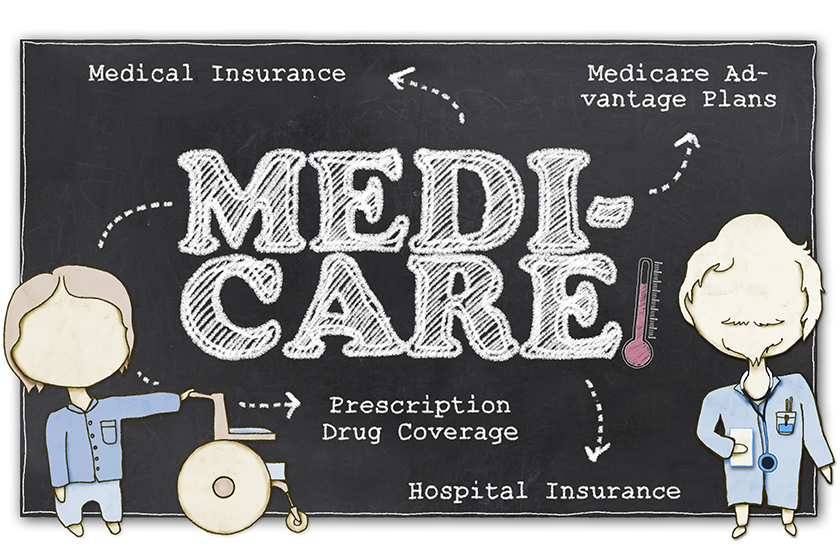Medicare is offered by the federal government as an insurance program that is designed for those sixty-five years of age and above. And while it doesn’t directly cover senior living community costs, there are still a number of medicare benefits for assisted living that retirees will gain from having it.
Extended Care Benefits
Medicare provides extended personal care benefits to retirees who have developed an ailment that is recoverable. Additionally, for those that have the Medicare Advantage Plan, there is a degree of community and home-based care that can be given under certain circumstances. However, Medicare is limited when it comes to addressing non-recoverable conditions such as Alzheimer’s or dementia.
While assisted living isn’t directly covered by Medicare, it will cover the majority of fees which are incurred by retirees who live in these communities. Retirees (or their relatives) will be expected to cover rent and food services, while Medicare will cover other things which are healthcare-related, such as medical exams or prescription medication.
Additionally, Medicare will completely cover skilled nursing for a maximum of twenty days in a qualified nursing center and eighty percent of the cost for a maximum of eighty days. The care must involve recovery within an inpatient hospital.
Hospice
Medicare provides coverage for hospice when the patient is terminally ill and doctors believe that they have only six months left to live or less. However, Medicare still won’t cover room or food expenses but will offer coverage for homemaker services, prescription medication, and various medical procedures. Hospice care is usually provided at home, but recipients do have the option of choosing inpatient care.
How to Qualify
Aside from being sixty-five years of age or older, it is also possible to get Medicare if you’re eligible for Social Security due to disability. Retirees may also qualify regardless of their financial resources, but those who are low-income may be able to qualify for Medicare Savings. For the majority of retirees enrolled in Medicare, Part A is offered free of charge. Part B may require a monthly payment depending on one’s annual income. However, the benefit of Part B is that it offers coverage for both hospital care as well as outpatient doctor services.
Part C is also called Medicare Advantage and allows private institutions to provide additional healthcare services like vision and dental, and there are even some that cover extended home care as well as services that are community-based. Part D is the Prescription Drug system and essentially offers various medicine benefits via private insurance firms which required the payment of a monthly premium. Every state in the U.S. has an assisted insurance program which is usually provided by volunteers that help retirees with handling all the paperwork that is required for Medicare, Medicaid, Medicare Advantage, and Medigap and this makes signing up for these programs much easier.







